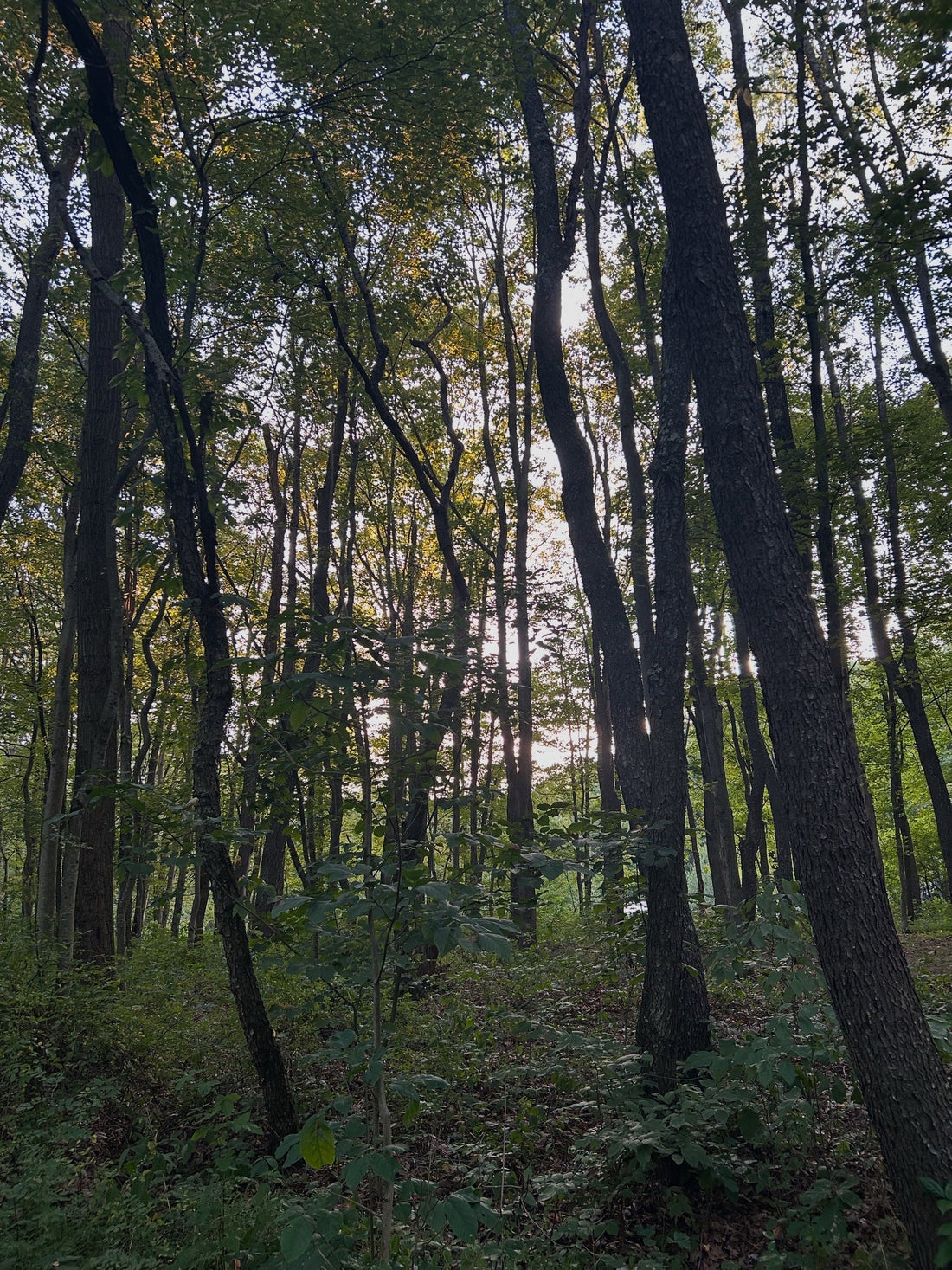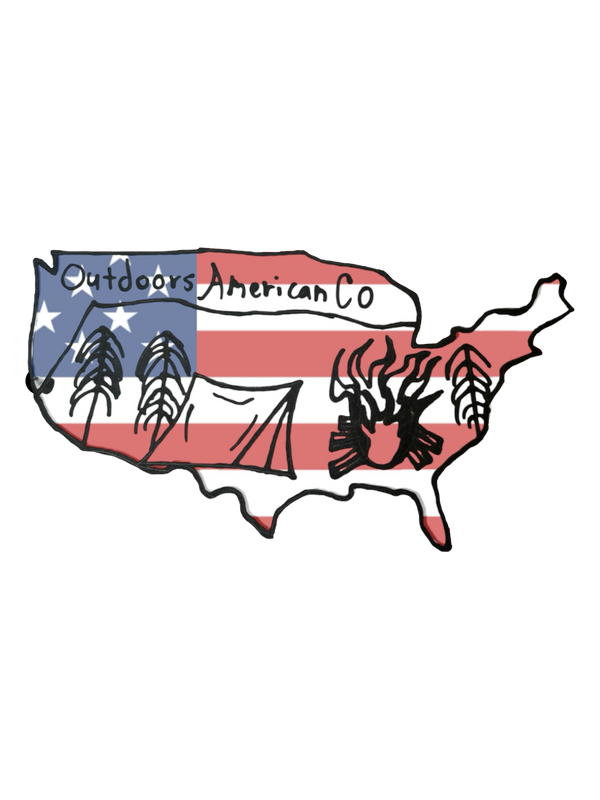
Public Wild Lands and State Parks Must Remain Free from Corporate Control in 2025
Share
The Priceless Legacy: Understanding the Value of Public Wild Lands and State Parks
In an era increasingly defined by development and resource extraction, the preservation of our public wild lands and state parks stands as a critical bulwark against the erosion of nature's grandeur and its invaluable benefits. These aren't just tracts of undeveloped land; they are living, breathing ecosystems, crucial reservoirs of biodiversity, and vital spaces for human recreation, education, and spiritual renewal. As we navigate 2025, the importance of safeguarding these natural treasures from the clutches of corporate interests has never been more pronounced. Public wild lands and state parks represent a shared inheritance, a legacy that belongs to all of us, and must be protected for generations to come.
Ecological Sanctuaries: Biodiversity Hotspots Under Threat
Our public wild lands and state parks are some of the last remaining strongholds for a breathtaking array of plant and animal life. These diverse habitats support everything from microscopic organisms essential for soil health to iconic megafauna that roam freely. They act as vital corridors for wildlife migration, allowing species to adapt to changing environmental conditions and maintain genetic diversity. When these lands are threatened by corporate encroachment – whether for mining, logging, oil and gas extraction, or large-scale commercial development – these delicate ecosystems are irrevocably damaged. The fragmentation of habitats, pollution of waterways, and displacement of wildlife are not mere side effects; they are the direct consequences of prioritizing profit over planetary health. Protecting these areas ensures the survival of countless species and the intricate web of life that sustains us all.
Recreation and Well-being: Nature's Prescription for a Modern World
Beyond their ecological significance, public wild lands and state parks offer unparalleled opportunities for human recreation and foster profound benefits for our physical and mental well-being. From the challenging trails of a mountain state park to the serene shores of a coastal preserve, these spaces invite us to disconnect from the digital noise and reconnect with the natural world. Hiking, camping, birdwatching, fishing, and simply picnicking amidst breathtaking scenery are activities that reduce stress, improve cardiovascular health, and promote a sense of peace and tranquility. For families, these parks are outdoor classrooms, providing invaluable opportunities for children to learn about nature firsthand, fostering a lifelong appreciation for the environment. Allowing corporations to commercialize or privatize these areas would inevitably restrict access, diminish the quality of experience, and turn these vital public resources into exclusive enclaves for the privileged.
Economic Arguments Against Privatization: The True Cost of Corporate Control
While corporations often tout economic benefits, the argument for keeping public lands out of their hands is compelling from an economic standpoint. Public lands provide significant economic value through tourism, recreation, and the ecosystem services they offer – clean air, clean water, and climate regulation – which are often undervalued or ignored in corporate profit calculations. State parks and national forests generate substantial revenue through visitor spending, supporting local economies through jobs in hospitality, guiding services, and retail. Furthermore, the long-term costs of environmental degradation caused by corporate extraction and development often far outweigh any short-term profits. Taxpayers would likely bear the burden of remediation and restoration efforts, while the irreversible loss of natural capital would diminish future economic potential. Preserving these lands as public assets is a fiscally responsible choice that ensures sustained economic and environmental health.
The Imperative of Public Stewardship: Ensuring Access and Equity
The very essence of public wild lands and state parks lies in their accessibility and their role in promoting equity. They are spaces where people from all walks of life, regardless of socioeconomic status, can experience the restorative power of nature. This democratic access is fundamental to their purpose. Corporate interests, driven by profit motives, often prioritize activities that yield the highest return, which can lead to exclusion, increased user fees, or the conversion of natural areas into exclusive resorts or commercial ventures. Maintaining public control ensures that these lands remain open to everyone, preserving their democratic character and ensuring that their benefits are shared broadly across society. We must advocate for robust public funding and management, empowering agencies dedicated to conservation and public enjoyment rather than allowing private entities to dictate their fate.
A Call to Action: Defending Our Natural Heritage in 2025 and Beyond
The fight to keep our public wild lands and state parks free from corporate control is an ongoing and essential endeavor. In 2025, this means:
- Supporting legislation that strengthens protections for public lands.
- Engaging with local and national advocacy groups dedicated to conservation.
- Making your voice heard through public comment periods on land-use decisions.
- Choosing responsible tourism and supporting businesses that respect environmental ethics.
- Educating ourselves and others about the immense value of these natural spaces.
Our public wild lands and state parks are not commodities to be bought and sold. They are vital components of our natural heritage, essential for ecological health, human well-being, and a just and equitable society. Let us commit, now more than ever, to being vigilant guardians of these precious places, ensuring they remain wild, accessible, and free for all, indefinitely.
